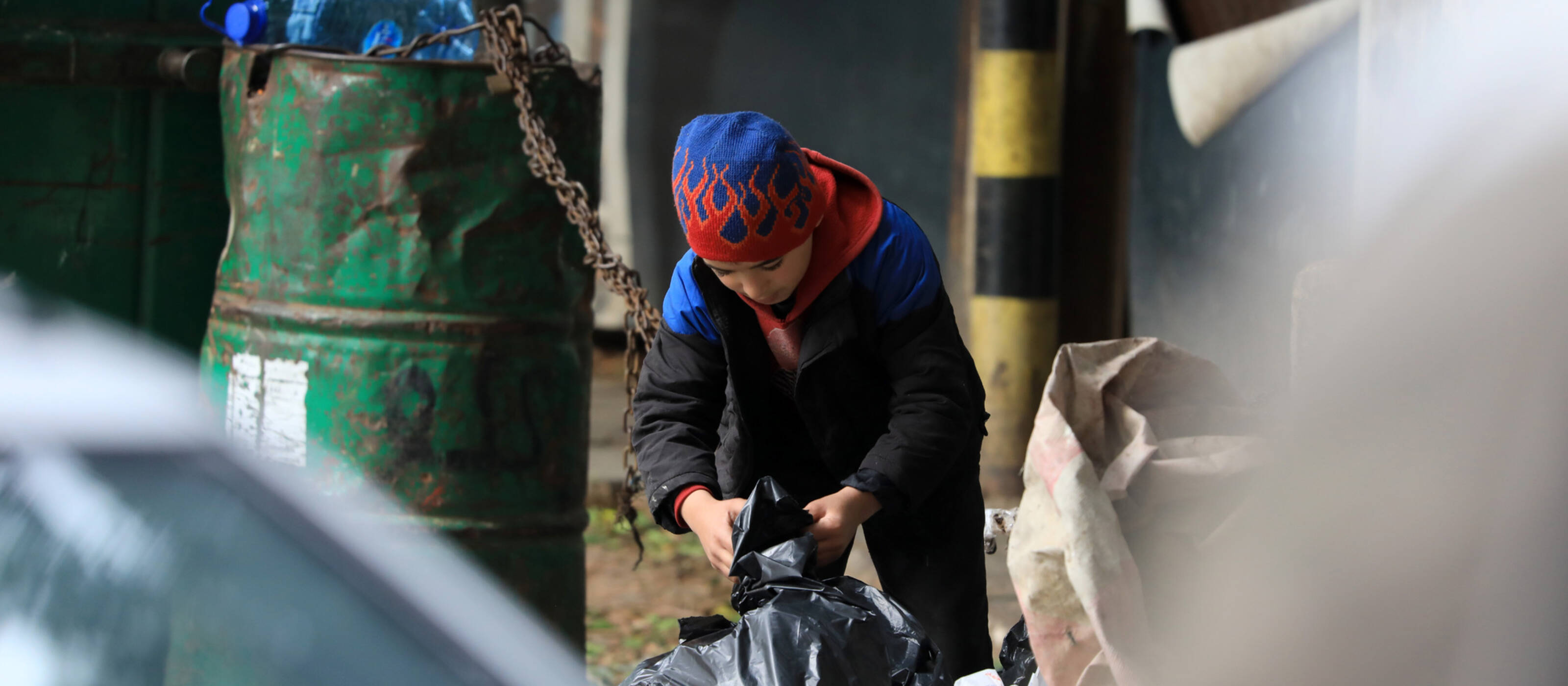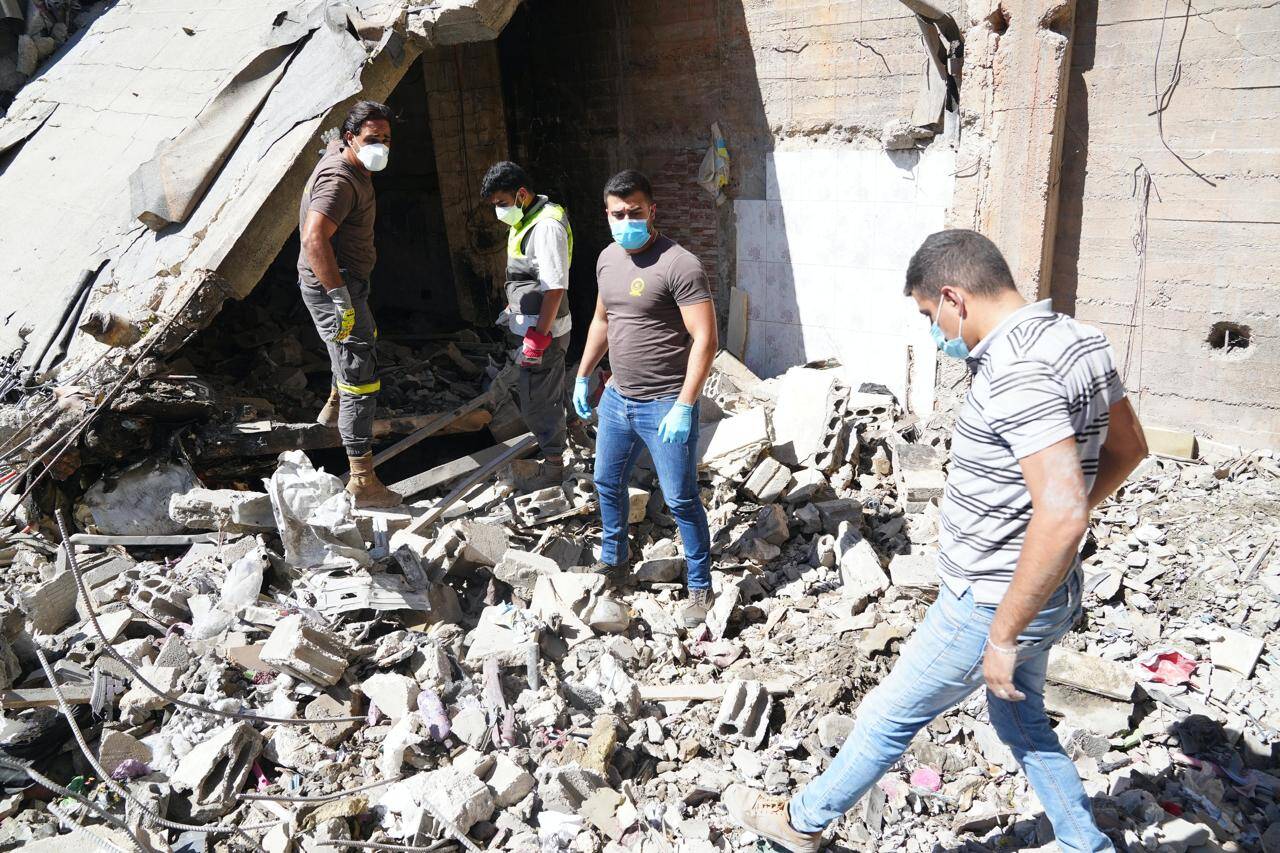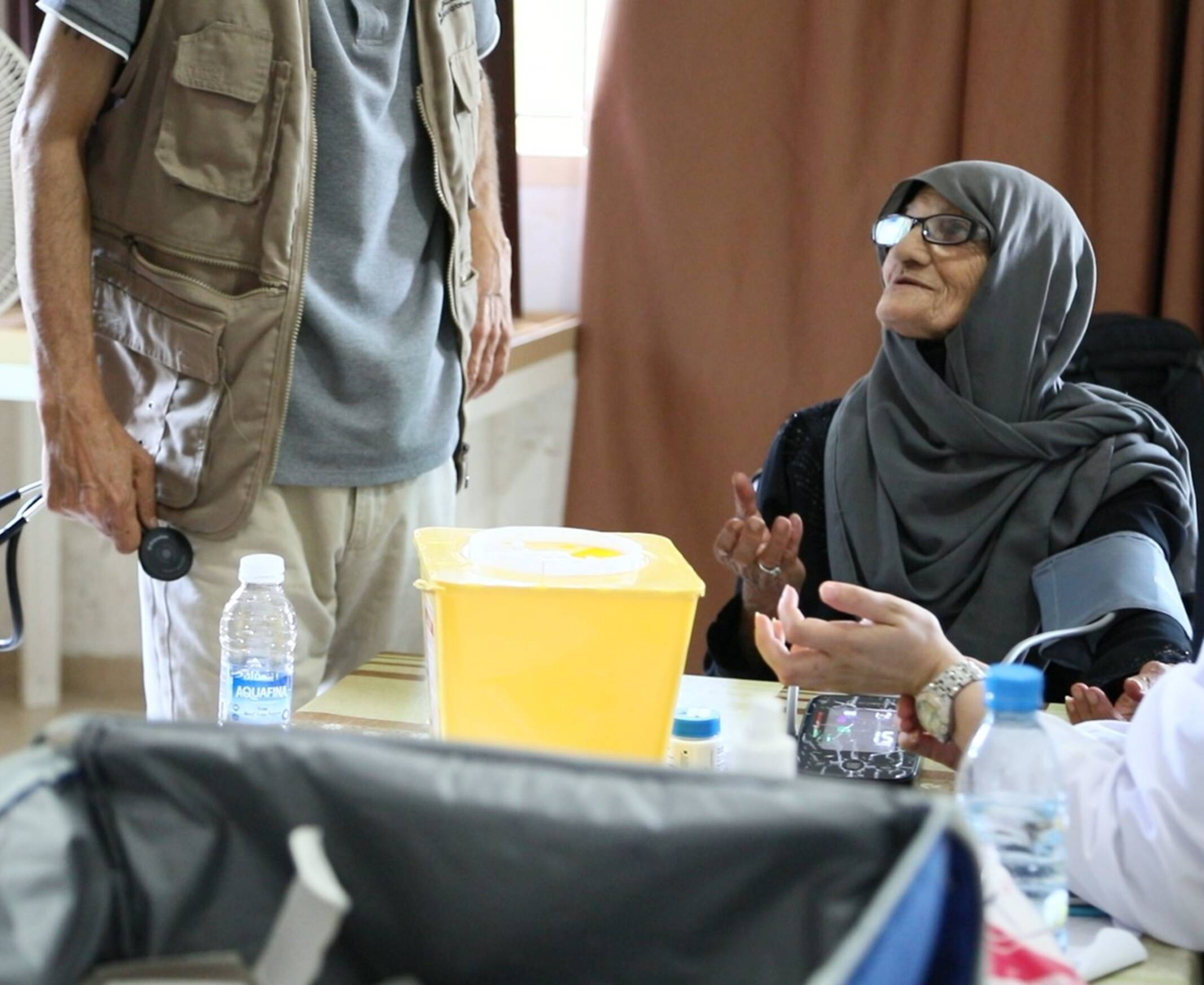

«The mood in Lebanon is very depressed and characterised by fear»
The massive violence in the Gaza war is also having a disastrous effect on the humanitarian situation in Lebanon. Wael Darwish coordinates Caritas Switzerland's aid in the Middle East from Beirut and Damascus. He talks about how people in Lebanon are faring and how Caritas Switzerland is reacting to the escalation of violence.
Wael Darwish, as a country director, you are very familiar with the situation on the ground. What impact has the war in Gaza had on the people of Lebanon so far?
The civilian population in Lebanon has been severely affected by the ongoing hostilities. Since the escalation of violence in October 2023, over 346'000 people have been displaced from the south, which borders Israel, and over 1'600 civilians have been killed. Water, electricity and telecommunications infrastructure in the south has been severely damaged. Many villages are almost completely deserted, with houses in ruins. At least 4'000 residential buildings have been completely destroyed so far and way more than 20'000 have been severely damaged.

Those who remained in the immediate vicinity of the border are exposed to daily bombings and air raids, which cause similar damage to earthquakes. Many of the internally displaced persons in the centre and north of the country are in urgent need of housing and food. The regions that are hosting the displaced people are also dependent on economic support. Rising prices and more expensive rents are exacerbating the situation. The tense situation and the ongoing insecurity are also taking a psychological toll on the people affected.
What is the atmosphere like in the country?
The overall mood in the country is very depressed and characterised by fear. This is because the Gaza war is raging at a time when the Lebanese population is still struggling with the effects of the financial and economic collapse of 2019, with a steady deterioration in social stability and additional shocks, such as the explosion in Beirut's port in 2020.
Thus, even before the outbreak of violence on 7 October, most people were already struggling with precarious living conditions. The UNHCR estimates that half of Lebanon's population lives below the poverty line. Syrians who have fled to Lebanon in recent years can barely survive. 90 per cent of them require humanitarian aid to meet their basic needs.
How is Caritas Switzerland responding to the volatile situation in the region?
Caritas Switzerland has had its own office in Lebanon since 2016, where it implements humanitarian projects. We are now expanding this aid. Together with Caritas Lebanon and the non-profit organisation Amel, we are setting up a new emergency aid project. The civilian population affected by the conflict will receive small cash payments. This allows people to buy what they need most urgently, be it food, clothing or temporary shelter. They also receive medical and psychosocial care.

The emergency relief project offers access to health services and psychosocial support, among other things.
At the same time, we are continuing our ongoing projects. We are constantly adapting our activities to the frequently changing situation so that we can always provide the support that is most urgently needed at any given moment.
Further informationen
Header image: Boy in Lebanon, 2022 © Ghislaine Heger